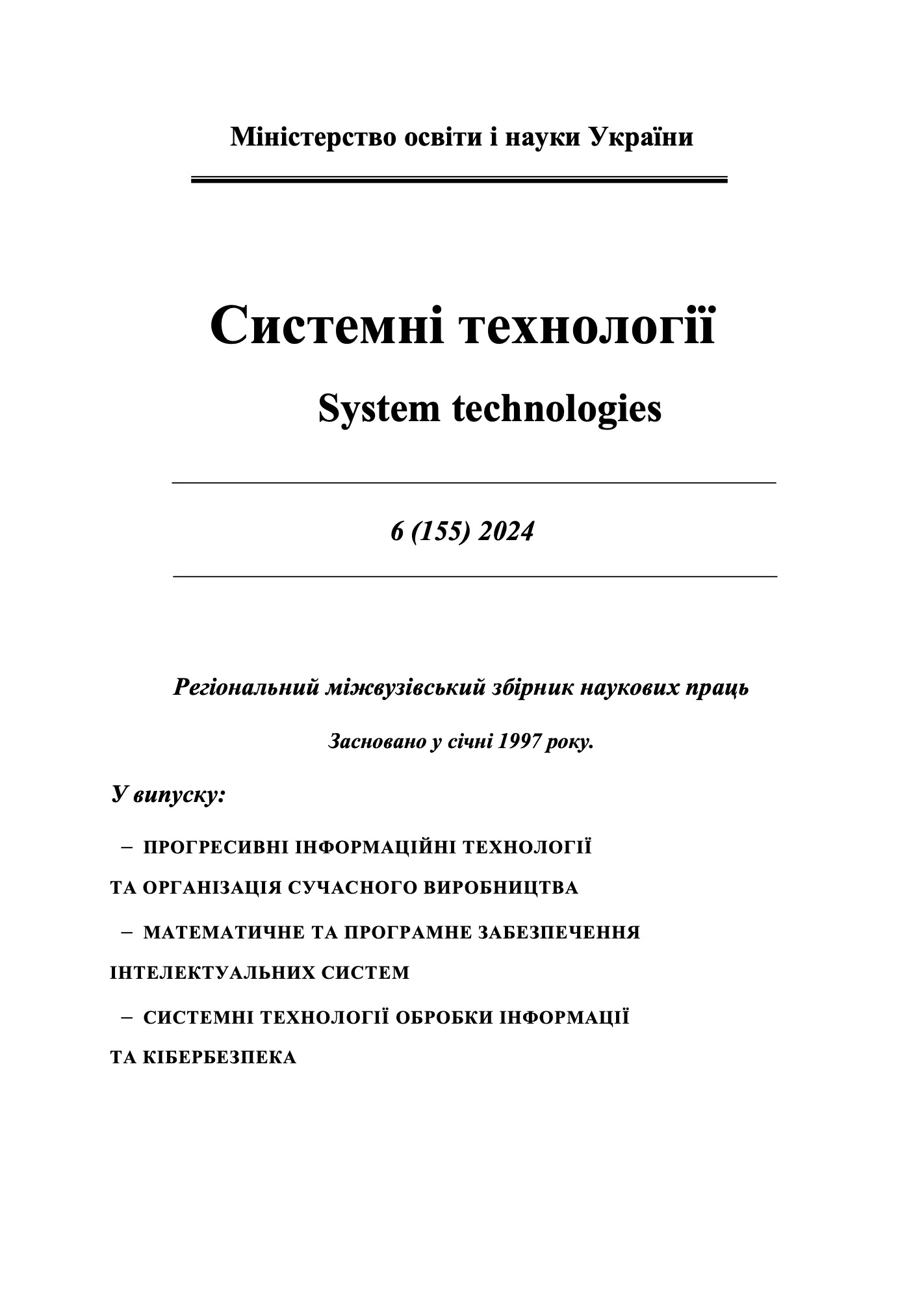Study of the division operation by two in the remainder class system with all paired modules
DOI:
https://doi.org/10.34185/1562-9945-6-155-2024-21Keywords:
residual classes; module systems; number interval, dividing a number by two.Abstract
The development of modern technology, information and control systems will require the establishment of new principles, focusing on the representation of numbers in the system of redundant classes. The traditional system of residue classes is a system in which an arbitrary number is represented as a set of smallest non-negative remainders modulo. Moreover, if the modules are pairwise coprime, then only one number in the range of numbers corresponds to this representation. At the same time, the implementation of new trends in the system of residual classes requires, along with the use of systems of co-prime modules, the use of systems with co-prime modules, in particular, with all even modules. Moreover, the system of all even modules, each of which is not a factor of any of the other modules of this system, is built on the basis of a system of relatively simple modules - the basis - by multiplying each basis module by an even number - the transition coefficient. One of the complex operations in such a system is dividing a number by two. The proposed approach to solving the problem is as follows. The remainder is divided into two by modules of the system. A modular equation is compiled, the results of which determine two remainder values for each module, located in different number intervals and having opposite parities. Since in an even system of modules all remainders are either even or odd, we form a set of all even remainders and a set of all odd remainders. Since, when divided by two, numbers are transferred to the lower half of the range of numbers, we compare these sets to the smaller of them. The proposed approach provides the desired result, and it seems appropriate to apply it as a promising direction for studying complex operations in a system of residual classes with all even modules.
References
Akushsky I.Ya., Yudytsky D.I. (1968). Mashynna aryfmetyka u zalyshkovykh klasakh [Machine arithmetic in residual classes]. Radyanske radio
Polissky Yu.D. (2017). Pro systemu zalyshkovykh klasiv iz vzayemno neprostymy modulyamy [On the system of residual classes with mutually nonprime modules]. Problemy matematychnoho modelyuvannya – Problems of mathematical modeling, 107-112 [in Ukranian].
Polissky Yu. D. (2018). Peretvorennya psevdochysel systemy zalyshkovykh klasiv z usima parnymy modulyamy u chysla systemy- Elektronne modelyuvannya]. Електронне моделю-вання. 115-120..
Polissky Yu.D. (2018). Realizatsiya deyakykh problemnykh operatsiy u systemakh zalyshkovykh klasiv [Implementation of some problematic operations in residual class systems]. Mathematychne modelyuvannya – Mathematical modeling, 22-27 [in Ukranian].
Polissky Yu.D. (2023). Pro pozytsiynu kharakterystyku u systemi zalyshkovykh klasiv [About positional characteristics in the system of residual classes] Ways of Science Development in Modern Crisis Conditions: Proceedings of the 4th International Scientific and Practical Internet Conference, 351-352 [in Ukranian].
Polissky Yu.D. (2023). . Doslidzhennya operatsiyi vyznachennya nalezhnosti chysla do danoyi polovyny intervalu chysel v systemi zalyshkovykh klasiv z usima parnymy modulyamy. [Study of the operation of determining whether a number belongs to a given half of the interval of numbers in the system of residual classes with all even modules]. Mathematychne modelyuvannya - 2023.- № 2(49). – .9-15. [in Ukranian].
Downloads
Published
Issue
Section
License
Copyright (c) 2025 System technologies

This work is licensed under a Creative Commons Attribution 4.0 International License.















